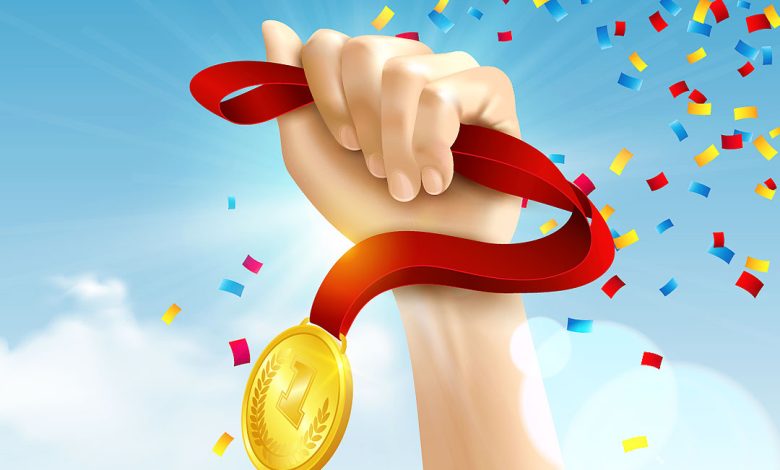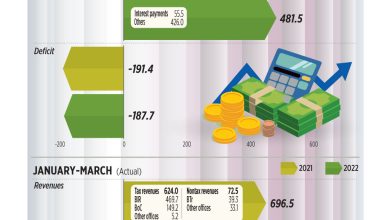The chase for gold and Buffett’s advice: Don’t expect honesty from cheap people

The Paper Chase is a full-length Hollywood drama-comedy released in 1973, a few months after the declaration of Martial Law. The movie revolves around a first year Harvard law student, James Hart, played by Timothy Bottoms. Like all students of a course in a school of higher learning that prides itself as the leader internationally in the said discipline, in this case, law, Hart eagerly meets the challenge head on. After all, he is obsessed with getting a Harvard law degree and becoming one of the best in his chosen field.
The film depicts the struggles of law students in a very competitive and, perhaps, cutthroat environment that claims many victims of frustration and extreme behavior, including suicide. In Hart’s case, the Harvard experience becomes even more challenging as he confronts what all of us recognize as the “terror” professor. Such terrors have become almost obligatory features of top-rated schools. You are not top rated if you don’t have a terror as some kind of an institution within the university.
The terror professor is Charles W. Kingsfield (John Houseman), a commanding professor who seriously believes that he owns the classroom for the duration of the subject and the students whom he has given the privilege of using up the oxygen in his class. Hart believes that Kingsfield is determined to make life hard for him in the latter’s subject “Contracts.” In effect, Kingsfield has an entirely different concept of the ideal learner/student-faculty/teacher interaction or engagement.
Undaunted, Hart soldiers on and even finds time to court Kingsfield’s daughter, played by Lindsay Wagner. Incidentally, Houseman won the Academy Award (Oscar) and Golden Globe Award, both for Best Supporting Actor for his role as the dour law professor. Both accolades affirm Houseman’s talent and the picture’s worth as a quality film.
As we watched the movie, we were then reminded of our own ongoing paper chase as we entered our last year at the full-time MBM program at the Asian Institute of Management (AIM). The drama and conflicts one watched in The Paper Chase, reminded one of similar dramas and conflicts between student and faculty, student and classmate, student and family members who continue to adjust to the AIM student’s rigorous schedule. But then, the show must go on. The school, whether Harvard or AIM, will not wait for you to adjust to its ways, traditions and rituals. You enrolled in the school and you knew what you were getting into.
Reminiscing about The Paper Chase, the movie, reminds one of the recently concluded 2020 Tokyo Olympics which had thousands of athletes doing their own paper chase known as the gold medal chase. Like Hart’s chase, there are many — in fact too many — dramas and conflicts in chasing after that coveted gold medal. Ironically, according to author Jillian Olsen, that coveted laurel actually costs $810 or roughly P45,000. Olsen says, “that means, right now, your MacBook Pro, the cheapest Rolex, and a flight to Tokyo costs more than the top prize handed out at the Olympics.”
Olsen adds that “the medals at the Tokyo Olympics are also unique in the sense that they’re comprised of metals collected from small electronic devices.” This fact was not lost on Filipino Olympic boxing silver medalist, Carlos Paalam, who defeated the reigning world division champion on his way to the finals. When asked about his thoughts after receiving the silver medal, Paalam commented that “as a poor guy from the province who collected junk to earn a living, I will cherish this silver medal that came from recycled materials.” Aside however from the silver medal, valued definitely less than the top award, and bonuses Paalam got from the government and private sponsors like the MVP Sports Foundation for his feat, Paalam received $22,500 or a little more than a million pesos.
As should be obvious by now, the gold medal chase is very much associated with money, and for a reason. Most athletes are generally not financially stable. Many, especially those from emerging markets like the Philippines, live in very difficult circumstances as many athletes and national sports associations (NSA) officials will tell you. Things were less difficult in the 1970s when rules on amateurism were relaxed and athletes were allowed to receive some form of allowances. The result was what we call “open” tournaments where professionals and amateurs competed with each other. As result of this paradigm change, there are more athletes who are able to compete and get a crack at winning some kind of prize money as the number of tournaments increased and sponsors got more opportunities for creating awareness for brand.
We, of course, strongly support and have actually created more opportunities for athletes to have more chances for a decent life during their careers and after their athletic careers are over. But while their careers are being fully supported by the Philippine Sports Commission, active and credible NSAs, sponsors and benefactors, the athletes, NSAs, and benefactors and so-called philanthropists are expected — required — to, as a practical matter, agree on certain basic ground rules. If we are a rule-based society, as I understand we are, the foremost rule is adherence to codes of ethical conduct, our corporation laws, and the penal code, also called the criminal code.
As is often the case, the key principle is to maintain balance and to maintain basic honesty in our dealings. Tilting excessively towards temporary and transient material rewards, with little or no regard for the rights of others and laws, will not result in any closure of any dispute, especially if matters of conscience are involved. Not following the rules and laws could result in prison terms.
To adopt the framework that all pathways should be two-way streets will definitely go a long way in harmonizing relationships. Hyperbole, exaggeration, downright lies, and overstating and over dramatizing and overromanticizing one’s case will not help at all.
One’s basic honesty, goodness, values, and conscience will always be tested in the entire spectrum of human activity where performance is always measured and evaluated, sports included.
As Warren Buffett once said, “Honesty is a very expensive gift. Don’t expect it from cheap people.”
Philip Ella Juico’s areas of interest include the protection and promotion of democracy, free markets, sustainable development, social responsibility and sports as a tool for social development. He obtained his doctorate in business at De La Salle University. Dr. Juico served as secretary of Agrarian Reform during the Corazon C. Aquino administration.




